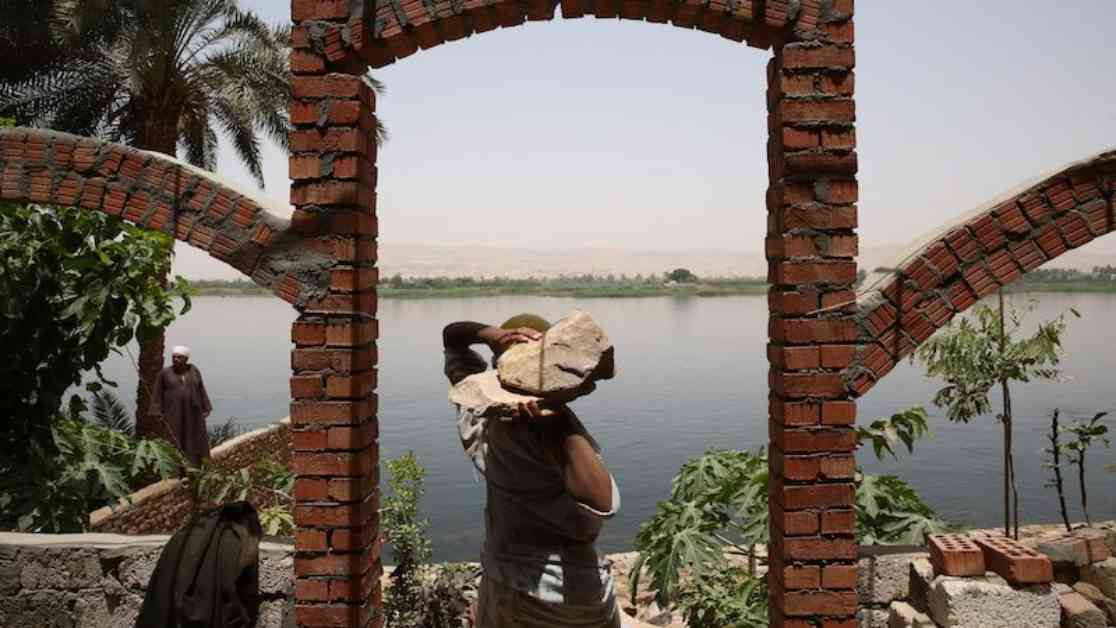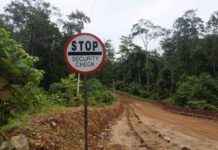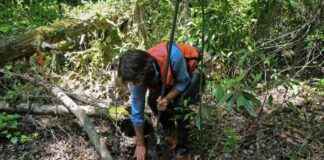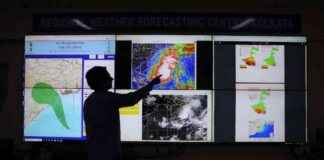Countries around the world have joined forces to empower the poorest nations, as the World Bank secures a groundbreaking $100 billion in funding for its International Development Association (IDA). This monumental achievement comes as a ray of hope for enhancing climate resilience and addressing critical developmental needs in impoverished regions.
Donor Contributions and Financial Engineering
During a recent replenishment meeting in Seoul, South Korea, donor countries pledged a total of $23.7 billion to the IDA. While this amount marks a slight increase from the previous year’s contributions, it falls short of the $30 billion target set by World Bank president Ajay Banga. However, through strategic financial engineering methods such as borrowing from markets and capital optimization, the bank will be able to leverage the donors’ funds to reach the monumental $100 billion mark.
Deployment of Funds and Impact
The $100 billion will be utilized to provide grants and concessional loans to 78 impoverished and vulnerable nations, enabling them to combat climate change, food insecurity, conflict, and other pressing challenges. This initiative aligns with the overarching goal of “ending poverty on a livable planet,” emphasizing sustainable development and environmental stewardship as core principles.
Expert Perspectives and Real-Term Considerations
While the World Bank celebrates this historic achievement, experts caution that rising inflation may diminish the impact of the $100 billion figure in real terms compared to previous rounds of funding. Amy Dodd, a fellow at think-tank E3G, acknowledges the success of the fundraising efforts amidst global economic uncertainties but highlights the ongoing challenges faced by donor countries in maintaining aid budgets and commitments.
As the IDA continues to play a crucial role in addressing the climate crisis and supporting vulnerable nations, it is essential for countries worldwide to uphold their pledges and prioritize sustainable development goals. The significance of this funding milestone extends beyond financial numbers, resonating with the shared responsibility of global community in fostering equitable growth and environmental resilience.
In a world where economic disparities persist and climate change poses imminent threats, the collective efforts of institutions like the World Bank and the generosity of donor countries serve as beacons of hope for a more sustainable and inclusive future.
Let’s reflect on the impact of these contributions and consider how we can each contribute to empowering the most vulnerable communities around the world. Together, we can make a difference and build a more resilient, equitable world for all.














